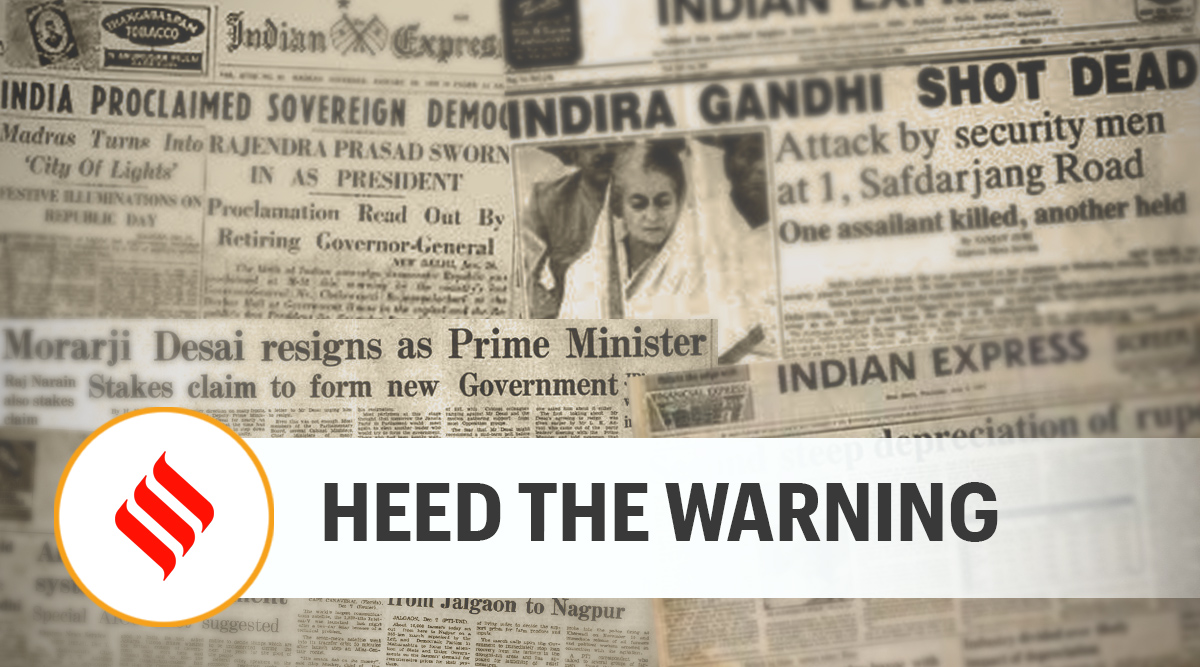 Flooding will intensify in the Ganga and the Brahmaputra basins and crop production systems will be disrupted by droughts and water scarcity.
Flooding will intensify in the Ganga and the Brahmaputra basins and crop production systems will be disrupted by droughts and water scarcity. The IPCC’s latest report is, by all accounts, the gravest of all the warnings issued by the global body of experts since it began taking stock of the climate crisis about 30 years ago. With inputs from scientists in 67 countries, the report predicts that the world will be roiled by multiple hazards even if the global temperature rise is contained to 1.5 degrees Celsius in the next two decades. It’s the most detailed analysis of the threats posed by climate change. The perils described in the report are, however, all too apparent. Scarcely any part of the world has been left unscathed by extreme weather events — floods, droughts, heatwaves. The marginalised, especially those in poor nations, have borne the brunt. The report warns that “even a temporary increase in the 1.5 degrees Celsius warming will result in additional severe impacts, some of which will be irreversible”. The IPCC does not prescribe policy decisions. But the near inevitability of climate emergencies has pushed the expert panel to underline building people’s resilience, especially that of the most vulnerable.
The study’s India-related sections are sobering. Global warming will affect the country’s coasts, plains, forests, rivers, groundwater and mountain systems and place demands on policymakers in diverse realms — weather prediction, agriculture and fisheries, urban and infrastructure planning, energy policy and health. It will require correcting past mistakes such as ignoring hydrology while planning towns and cities, neglecting flood alert systems, and encouraging water-guzzling crops. Sensitivity to eco-fragility, most often at a premium, will be demanded from regulatory systems. The fact that 1,700 people lost their lives due to extreme weather events last year — it’s a conservative estimate — should alert policymakers to the challenges ahead. The report notes that more than 40 per cent of the country’s population will have to make do with water scarcity by 2050, even as the country’s coastal areas, including cities such as Mumbai, will be affected by sea-level rises. Flooding will intensify in the Ganga and the Brahmaputra basins and crop production systems will be disrupted by droughts and water scarcity. Policymakers will have to find ways to ensure that the country’s food security is not adversely affected, they will have to cushion the most vulnerable from the impacts of inflation and create avenues to offset climate-induced livelihood losses.
However, climate-sensitive policymaking at the national and local levels is only a part of the solution. India and other developing countries have for long — and correctly — argued that developed countries must accept their historical culpability for climate change. But they have been consistently stonewalled, including at the COP-26 in Glasgow last year when developed countries thwarted India’s case for a climate adaptation fund. The IPCC has again made a call for “equitable adaptation” efforts across the world. Its next report — slated for April — that will suggest remedies to the climate crisis is keenly awaited.
This editorial first appeared in the print edition on March 2, 2022 under the title ‘Heed the warning’.
- The Indian Express website has been rated GREEN for its credibility and trustworthiness by Newsguard, a global service that rates news sources for their journalistic standards.

